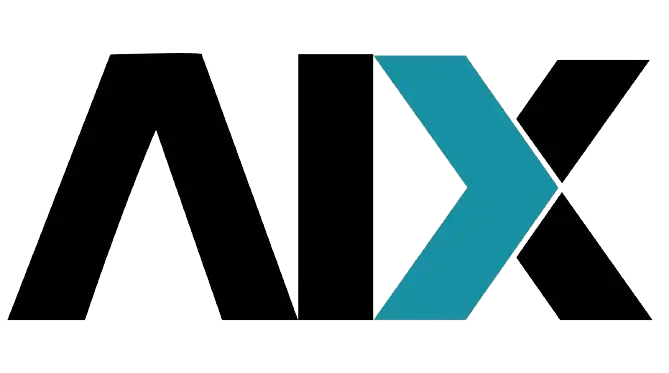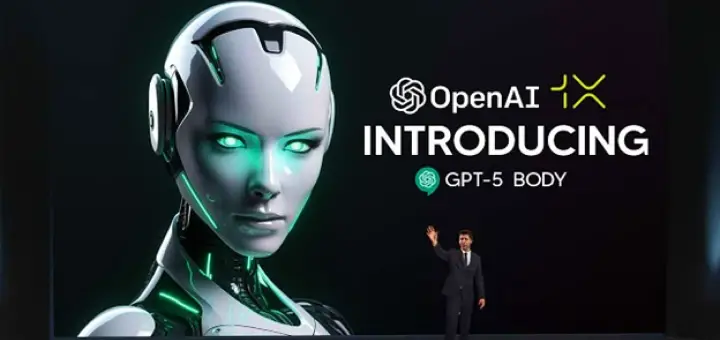The recent surge in artificial intelligence (AI) breakthroughs has led to widespread enthusiasm and, at times, overestimation of AI’s capabilities. While AI has undoubtedly transformed various sectors, it’s crucial to maintain a balanced perspective on its strengths and limitations.
Tempering Expectations
Some tech leaders, like Elon Musk, have made bold predictions about AI surpassing human intelligence within a few years. Others claim AI can single-handedly complete complex projects with minimal human input. However, these assertions often overstate AI’s current capabilities and undervalue the continued importance of human expertise.
Understanding AI's Limitations
Large Language Models (LLMs) like GPT-4 and Gemini have revolutionized how we interact with technology. Despite their impressive abilities in generating text, answering questions, and creating content, they are not infallible. Users of LLMs are familiar with their tendency to “hallucinate” or produce inaccurate information. Recent tests of AI agents like Devin, touted as a software engineer replacement, revealed significant limitations in handling even moderately complex programming tasks without human intervention.
The Accuracy Myth
A common misconception is that AI systems are consistently accurate. In reality, AI can make mistakes due to factors such as:
- Quality of training data
- Task complexity
- Algorithmic limitations
LLMs, trained on diverse internet datasets, can inadvertently incorporate biases, inaccuracies, and outdated information, leading to potentially misleading outputs.
Real-World Limitations
In customer service, AI chatbots excel at handling routine inquiries but often struggle with complex or nuanced issues, potentially leading to customer frustration. In healthcare, while AI can analyze data and assist in diagnosis, it lacks the holistic understanding of a human doctor, emphasizing the need for AI to support rather than replace medical professionals.
The Devin Dilemma
A recent example highlighting AI’s limitations is Devin, an AI agent marketed as a software engineer replacement. Despite initial hype, real-world testing revealed significant shortcomings. As demonstrated in a YouTube video Devin struggled to create a relatively simple interactive website independently. This case study underscores the gap between AI’s perceived capabilities and its actual performance in complex, real-world programming tasks. It serves as a reminder that while AI can be a powerful tool in software development, it is far from replacing human programmers who possess nuanced problem-solving skills and creative thinking abilities.

Ethical Considerations and Bias
AI systems can unintentionally perpetuate biases present in their training data, potentially leading to unfair outcomes in sensitive areas like hiring or criminal justice. Ensuring transparency in AI decision-making processes is crucial for maintaining trust and accountability.
The Vital Role of Human Oversight
Given these limitations, human oversight remains essential in AI applications. AI should be viewed as a tool to augment human capabilities rather than a replacement for human judgment. In fields like finance, healthcare, and customer service, human professionals must validate and interpret AI-generated results.
Conclusion
While AI technologies like LLMs have transformative potential, it’s essential to approach them with a nuanced understanding. AI is a powerful tool that, when used responsibly and ethically, can significantly enhance various aspects of our lives and work. By acknowledging both the strengths and limitations of AI, we can better leverage its capabilities while mitigating potential risks. Recognizing AI’s current limitations doesn’t diminish its importance or potential; rather, it allows for a more realistic and productive integration of AI into our professional and personal lives. As we continue to develop and refine AI technologies, maintaining this balanced perspective will be crucial for harnessing AI’s benefits while addressing its challenges. I am sure AI will one day be great and maybe with technological breakthroughs we may get an AGI that can replace the SWE or technical lead, but we are nowhere near that as of right now.




